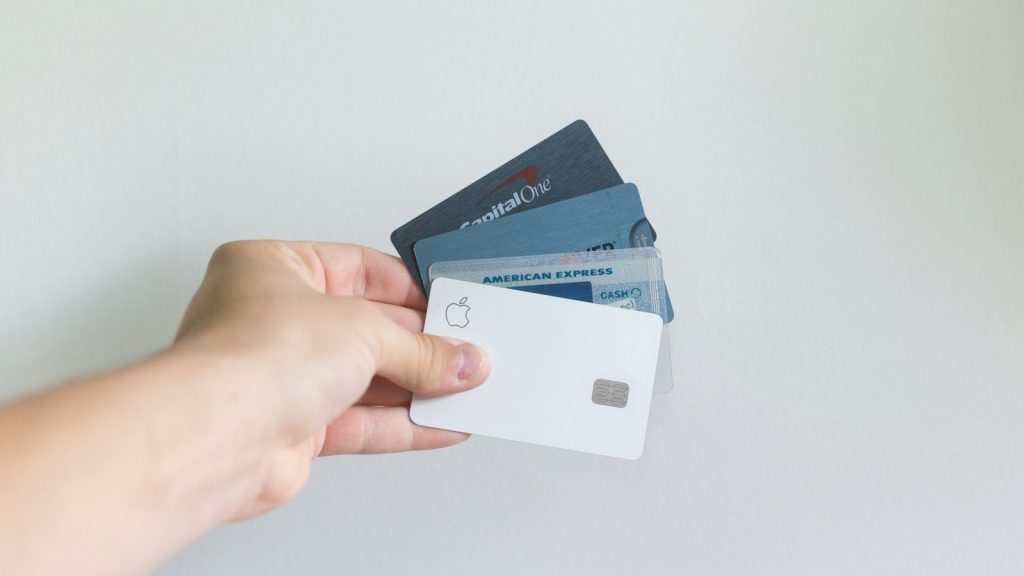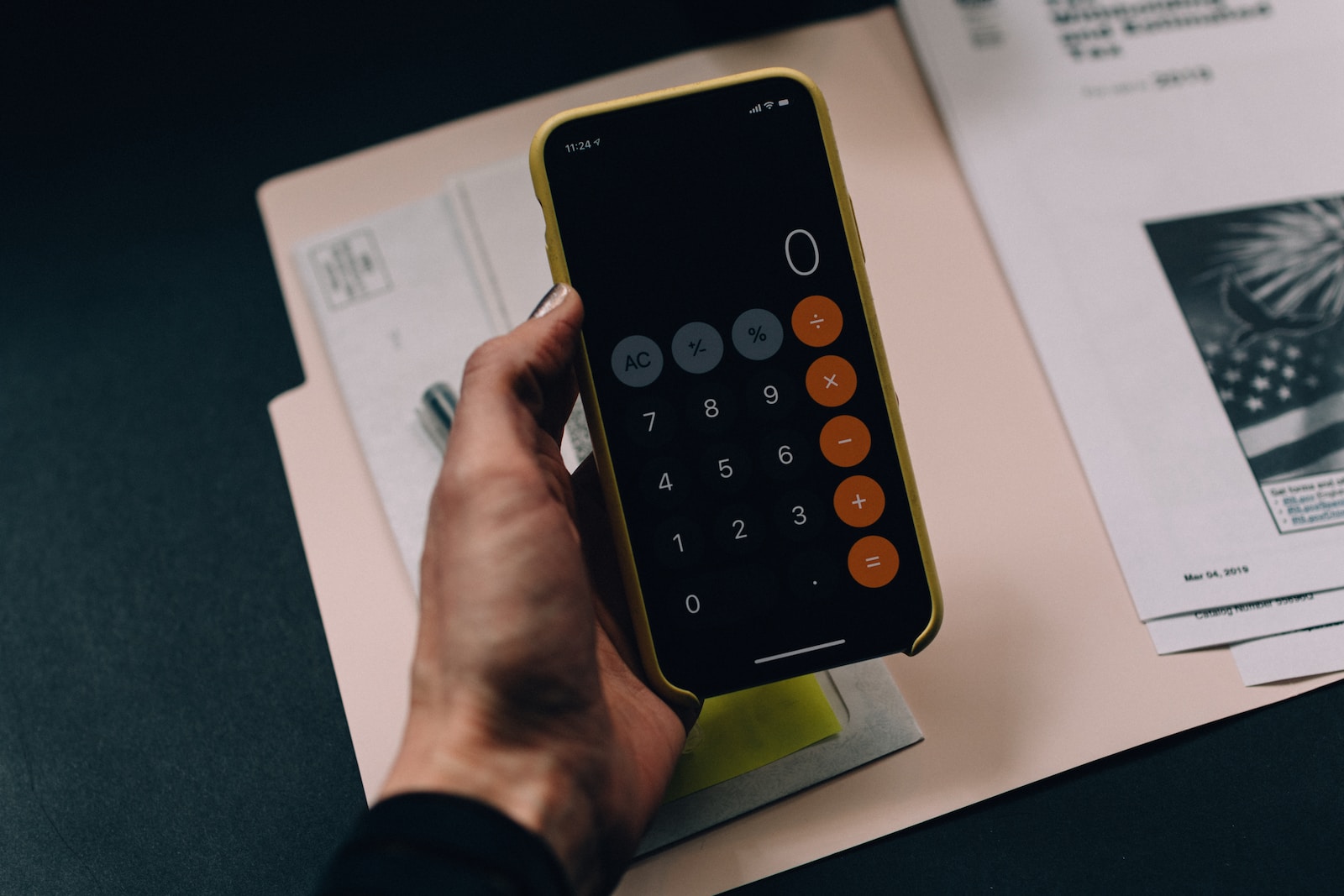As consumers, we all want to make responsible choices when it comes to our spending habits. One area where we can make a significant impact is through our credit card use. Ethical credit card practices not only benefit society as a whole but can also have a positive impact on our personal finances. However, it is important to understand credit cards and spend wisely in order to reap these benefits.
Understanding Credit Cards and Ethical Implications
Responsible credit card behavior starts with gaining a thorough understanding of how credit cards work and their potential ethical implications. Credit cards allow us to make purchases now and pay for them later, but this convenience comes with risks if not managed properly. When we use credit, we are essentially borrowing money from the credit card company. If we do not pay our balance in full each month, interest charges are applied which means we end up paying more than the original cost.
Additionally, if we continually carry balances and make only minimum payments, it can become easy to fall into a cycle of revolving debt that is difficult to escape. This type of unethical credit card behavior not only hurts us financially but also supports industries like predatory lending that should not be encouraged. Therefore, it is crucial that we strive to use credit cards wisely and avoid accumulating debt that we cannot reasonably afford to pay back within a month or two. Purchasing luxury items or non-essential goods solely using credit that we cannot afford in cash goes against the principles of responsible spending and ethical consumption.
Creating and Following a Budget
One of the most important aspects of ethical credit card use is creating and following a budget. Developing a budget requires careful thought and analysis of our regular income and expenses. It is important to track all spending for at least a month to gain an accurate picture of where our money is going. Only with a full understanding of our financial situation can we make an informed budget and set limits on different spending categories like dining out, entertainment, groceries, and more. The budget should also account for credit card payments to ensure they are affordable.
By sticking to a budget, we can avoid overspending on unnecessary items and accumulating credit card debt as a result. It is also wise to only put regular expenses on our credit cards that we know we can pay off in full each month from our budget. For example, putting gas, groceries, or other monthly bills on a credit card and paying it off right away allows us to build a credit history without paying interest, whereas putting a new television or vacation on credit likely means carrying a balance and paying interest. Developing and following a budget diligently requires discipline, but it is crucial for ethical credit card use and financial wellness overall.
Choosing the Right Credit Card
In addition to understanding credit cards and creating a budget, choosing the right credit card for our needs and values is also important. There are many credit card options available from various companies, all with different rewards programs, interest rates, and fees. It is unwise to simply choose the card with the most attractive sign-up bonus without considering factors like annual fees, penalty rates, and the ethics of the issuing company. For example, some cards donate a small percentage of purchases to charity or environmental causes important to socially conscious consumers.
Others offer cashback on certain purchase categories that align with a cardholder’s typical spending. It is best to research multiple options and select a card that aligns with both our financial goals and personal values. For those focused on building credit, a student or basic cashback card with no annual fee allows responsible use to increase one’s credit score over time without unnecessary costs. Those already established may prefer a travel rewards card if regularly spend in bonus categories. By choosing a suitable card, we set ourselves up for ethical credit card usage and the ability to take advantage of beneficial rewards.
Building and Maintaining a Strong Credit Score
Building and maintaining a strong credit score through responsible credit card use also has far-reaching positive impacts. A good credit score, typically considered 740 or higher, is essential in many facets of life from obtaining loans and mortgages to renting apartments to getting cell phone plans and even employment in some cases. Credit bureaus analyze payment history, credit utilization, length of credit history, and other factors to determine one’s creditworthiness – their likelihood of repaying debts as agreed.
Simply by paying credit card bills on time and keeping balances low relative to credit limits, one can improve their credit score without needing to spend more. In fact, credit experts recommend using credit cards occasionally, even if just for small recurring bills, and paying in full to demonstrate responsible credit management to bureaus. A good score opens doors to lower interest rates on major purchases and removes obstacles in life. Therefore, ethical credit card practices have personal finance benefits that extend far beyond any single purchase.

Preparing for Financial Hardship and Debt
However, responsible credit card use also means being prepared in case of unforeseen financial hardship leading to debt. Even those with the best of intentions can experience job loss, medical bills, or other emergencies potentially putting them in a cycle of revolving credit card debt. If this occurs, the most ethical approach is to take action right away to develop a plan to pay off balances.
This may involve reducing expenses as much as possible, seeking lower-interest balance transfer offers, or even credit counseling. Ignoring the problem and making only minimum payments often leads to ballooning interest charges which does more harm. Non-profit credit counseling services can help analyze the situation and negotiate with card issuers to reduce interest rates and monthly payments into an affordable plan to eliminate debt.
The goal is to break free of the cycle and get back on track with responsible usage or avoidance of credit if needed for full financial recovery. Facing debt head-on in an ethical manner respects both the consumer and the creditor.
Positive Impact on Society
Beyond personal finance benefits, ethical credit card practices can also positively impact society. Many credit card issuers and networks donate a portion of customer purchases to charitable causes like environmental protection or disease research. Simply by using one’s credit card for regular expenses, cardholders can support these initiatives without any extra cost on their part. Additionally, responsible credit card users help ensure the continued availability of this payment method.
If too many consumers abuse credit privileges by defaulting on debts, it hurts the entire system by raising interest rates industry-wide and reducing access for all. Therefore, each individual who demonstrates responsible credit habits contributes to the greater good. Even small individual actions like budgeting or paying on time each month add up to make credit markets function fairly for all.
Financial Mindfulness
At the core of ethical credit card usage is financial mindfulness. We must be consciously aware of our spending behaviors and how they align with our values and long-term goals. Practicing mindfulness means regularly reviewing credit card statements to catch any unauthorized charges right away. It means being cognizant of emotional or impulse spending urges that could lead to overspending.
It means acknowledging when outside factors like marketing or societal pressures are influencing our purchasing decisions so we can avoid manipulation. Only with true mindfulness of how and why we spend can we make informed choices to use credit responsibly for years to come. Developing financial mindfulness sets the stage for ethical consumption across all areas of personal finance.
In conclusion, responsible credit card practices through budgeting, choosing suitable cards, managing debt wisely, and cultivating financial mindfulness can positively impact both individuals and society. While credit cards offer convenience, they must be handled carefully to avoid harm. By gaining a full understanding of how credit works and our own spending behaviors, we empower ourselves to make ethical financial choices.
Small, disciplined actions like paying on time each month contribute to larger systemic benefits of fair access to credit for all. With diligence, even those new to credit building can establish positive habits to strengthen their finances and simultaneously support charitable initiatives. Overall, ethical credit card use is a personal responsibility yielding rewards in both personal finance and contributing to the greater social good.

































